#Mexican literature
Text

Rosario Castellanos, tr. by Magda Bogin, from The Selected Poems of Rosario Castellanos; "Two Poems"
[Text ID: "Beyond my skin, deep in / my bones, I have loved."]
#rosario castellanos#excerpts#writings#literature#poetry#fragments#selections#words#quotes#poetry collection#typography#poetry in translation#mexican literature#mexican poetry
2K notes
·
View notes
Text
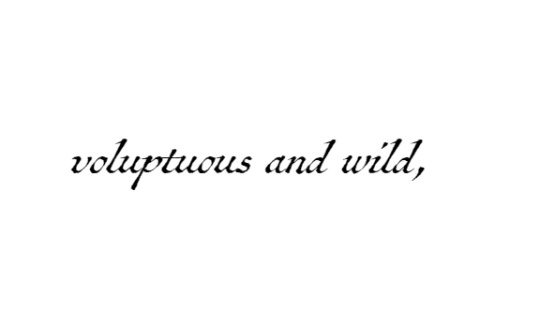
Luis G. Urbina, tr. by Samuel Beckett, from "The Centaur's Breath,"
#lit#luis g. urbina#poetry#quote#words#poetry in translation#selections#fragments#mexican literature#the centaur's breath#p
179 notes
·
View notes
Text
"Just because there are no ghosts it doesn't mean you can't be haunted. Nor that you shouldn't fear the haunting."
Silvia Moreno-Garcia, Mexican Gothic
#Silvia Moreno-Garcia#Mexican Gothic#haunting#haunted#haunted house#ghosts#spooky#spooky season#Friday the 13th#Friday the Thirteenth#Mexican literature#Latinx literature#quotes#quotes blog#literary quotes#literature quotes#literature#book quotes
126 notes
·
View notes
Text
Have you read...
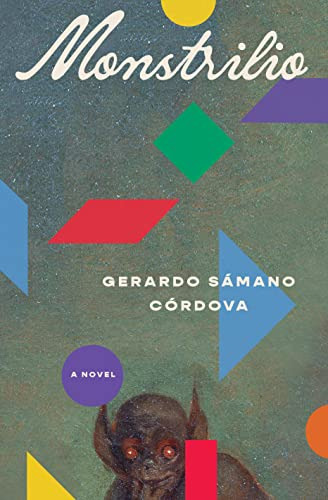
Grieving mother Magos cuts out a piece of her deceased eleven-year-old son Santiago’s lung. Acting on fierce maternal instinct and the dubious logic of an old folktale, she nurtures the lung until it gains sentience, growing into the carnivorous little Monstrilio she keeps hidden within the walls of her family’s decaying Mexico City estate. Eventually, Monstrilio begins to resemble the Santiago he once was, but his innate impulses—though curbed by his biological and chosen family’s communal care—threaten to destroy this fragile second chance at life.
submit a horror book!
#Monstrilio#Gerardo Sámano Córdova#horror books#horrorbookpoll#horror#bookblr#books#magical realism#monster horror#mexican horror#mexican literature#queer horror#gay horror#queer lit
9 notes
·
View notes
Text

- Pedro Páramo by Juan Rulfo
#pedro paramo#juan rulfo#mexican literature#classic#literature#bibliophile#books#dark academia#literary#romanticism#dark academism#light academia#excerpt#magical realism#books and literature#book quotes#books and libraries#dark academia books
15 notes
·
View notes
Text

The White Lotus S02E01 (Ciao)
Book title: Lost Children Archive (2019) by Valeria Luiselli
#the white lotus#the white lotus season 2#ciao#aubrey plaza#books in tv shows#mexican literature#valeria luiselli#lost children archive#will sharpe
60 notes
·
View notes
Photo


Diego Rivera’s illustrations for the sacred Mayan text Popol Vuh.
41 notes
·
View notes
Text
Happy Queer Media Monday!
Today: The Route of Ice and Salt by José Luis Zárate
Dracula Daily reached the Demeter storyline, so I’ll just try and ride that hype.
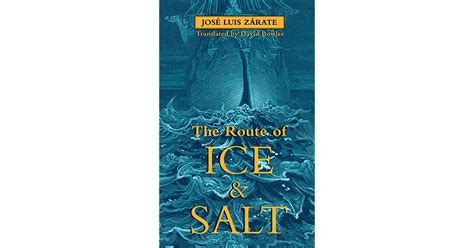
(The English cover of the novella)
The Route of Ice and Salt (original title: La Ruta del Hielo y la Sal) is a Mexican novella from 1998 that retells the story of the doomed Ship Demeter from Bram Stroker’s Dracula. The captain in this version is a closeted gay man, struggling with his sexuality and his attraction to his men, but all in all happy to be going the same route over and over again, starting in a cold climate (ice), and going down south into a hot one (salt, because of their sweat). When he is tasked to transport some boxes, strange things begin to happen on his ship, and his men disappear one by one.
This novella is special for multiple reasons: It was published by a publisher that specialized on comic books in the 1990’s, when queer people in Mexican literature didn’t really happen. The fact that it is horror written by a Mexican author is also rare, as the fantasy / science fiction / horror scene in Mexico wasn’t very big at the time, and consisted mostly of translated English authors. The Route of Ice and Salt became a cult classic for Spanish scifi readers.
It has been translated to English, and can be bought over Amazon. There also exists a French translation. And here is the original Spanish.
Queer Media Monday is an action I started to talk about some important and/or interesting parts of our queer heritage, that people, especially young people who are only just beginning to discover the wealth of stories out there, should be aware of. Please feel free to join in on the fun and make your own posts about things you personally find important!
#this is actually one of those stories that I'm kind of proud to have discovered#so shout-out to that one BookTube-er who said that she was interested in reading it#I read it in one go#horror#is not exactly my genre#but I suppose this means that it is a good story#hope they'll translate other works of this author too#apparently he wrote something about Superman?#I'd LOVE to read that#books#novella#The Route of Ice and Salt#mexican literature#queer literature#dracula#dracula daily#some extra reading for you guys :-)#Queer Media Monday
13 notes
·
View notes
Text
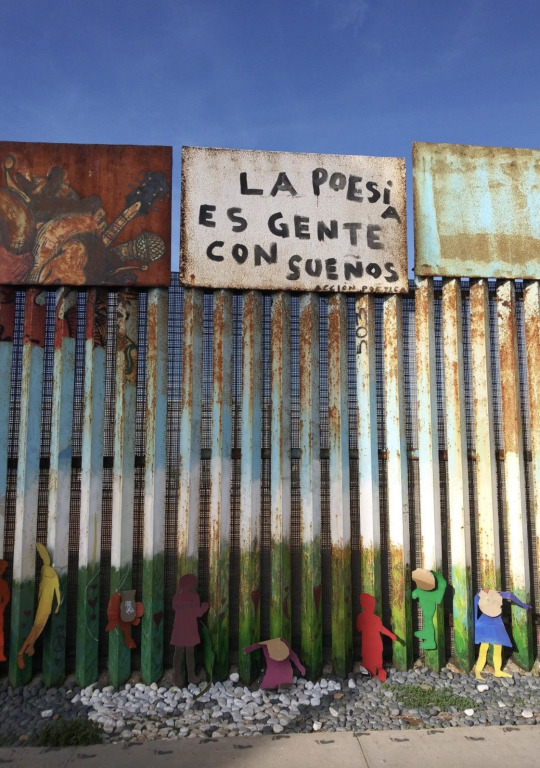
How can poetry relay the Mexican-American experience? In my opinion, literary media such as short stories or written poetry can be one of the best forms to encapsulate the realities of the diaspora.
But why do I think that? Well first, let's identify some common themes that characterizes Mexican-American poetry.
Cultural Expression and Identity: Mexican-American poets use poetry to express the richness of their cultural identity (Noel 160). Poets can draw on traditions, customs, folklore, and historical events to create a tapestry that reflects heritage (Noel 160). Through vivid imagery and symbolism, poets such as Sandra Cisneros convey the essence of Mexican/Mexican-American culture and its impact on sense of self.
Exploration of Gender: Mexican-American poets like Cisneros explore gender dynamics within the community. Poetry addresses traditional expectations, stereotypes, and the evolving roles of men and women (Mayock 223). Poetry becomes a medium for challenging cultural norms, creating a space for reflection on the complexities of gender identity within the context of both Mexican and American cultures (Mayock 224).
Migration and Displacement: The theme of migration is also central to many Mexican-American poems/poets. Poets like Cisneros can really capture emotions in the journey of leaving one's home, challenges of adapting to a new culture, and nostalgia for the motherland (Pearce 206). Through poetry, Mexican-American poets can share their narratives, which highlight the resilience needed in order to navigate the complexities of migration (Pearce 208).
5 notes
·
View notes
Text
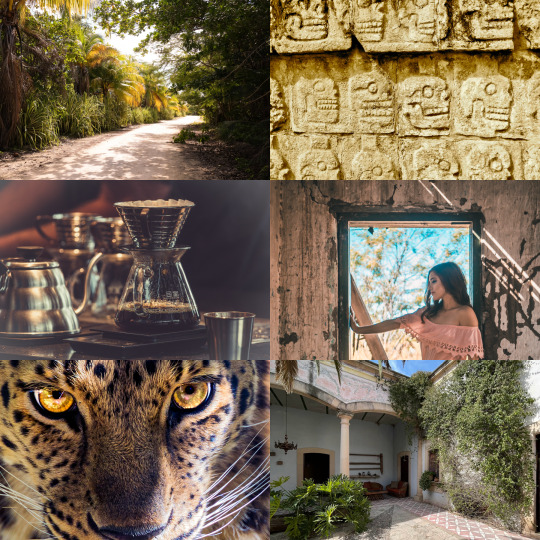
books cristina read in 2023: the daughter of doctor moreau - silvia moreno-garcia
“If she’d been a siren luring him to the bottom of the sea, he would have followed. If she’d been a gorgon he’d have let himself be turned into stone.”
#the daughter of doctor moreau#silvia moreno garcia#mexican literature#science fiction#sci-fi#bookblr#books#2023 reads#books i read
15 notes
·
View notes
Text
two books that i need to read for school + one for my own enjoyment. Guess which one is for what
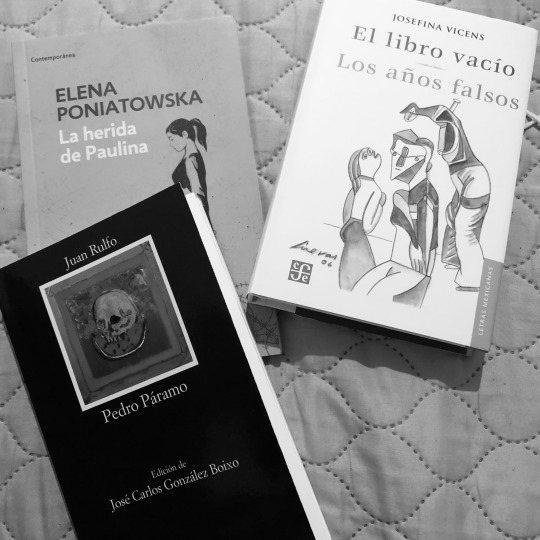
#me interesa mucho leer el de poniatowska ya que habla sobre el aborto#y como persona que aborto puessss quiero saber#books#mexican literature#mexican authors#female mexican authors#female author#bookblr#book blog#book haul
10 notes
·
View notes
Text

Rosario Castellanos, tr. by Magda Bogin, from The Selected Poems of Rosario Castellanos; "The splendor of being"
[Text ID: "Ah, to wake, to live, / to love, to love the wind / as a bird loves!"]
#rosario castellanos#excerpts#writings#literature#poetry#fragments#selections#words#quotes#poetry collection#typography#poetry in translation#mexican literature#mexican poetry#life#survival#hope#love
570 notes
·
View notes
Text

Salvador Díaz Mirón, tr. by Samuel Beckett, from a poem titled "To an Araucaria,"
#lit#salvador diaz miron#poetry#quote#words#mexican literature#fragments#poetry in translation#selections#p
64 notes
·
View notes
Text
We will grow anew. We have been damaged, but we will heal.
Silvia Moreno-Garcia, Certain Dark Things
#Silvia Moreno-Garcia#Certain Dark Things#heal#healing#uplifting quotes#Hispanic Heritage Month#Mexican literature#Canadian literature#vampire fiction#quotes#quotes blog#literary quotes#literature quotes#literature
606 notes
·
View notes
Photo
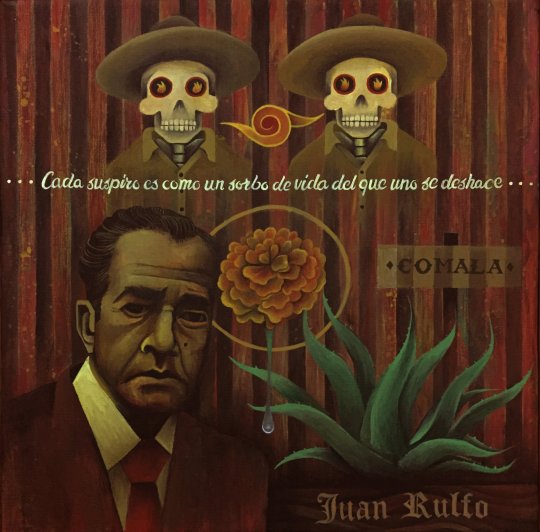
Juan Manuel Gaucher Troncoso—Juan Rulfo (acrylic on panel, 2018)
69 notes
·
View notes
Text
“¿Sabes de qué tengo miedo a veces, un miedo que me haría correr hacia ti, aunque yo haya perdido ya el camino de regreso, aunque ese camino de regreso ya no existe? Tengo miedo de perderme, de confundirme con otro, con otros, de aniquilarme en medio de la multitud. Ni siquiera tú acertarías a reconocerme, aunque me amas y me prefieres, porque me habrían pasado un tramo encima de la cara, para borrarme las facciones, y me habrían dibujado esos rasgos esquemáticos que uniforman a todos. Y yo no podría responderte cuando dijeras mi nombre, porque lo he olvidado”.
Rosario Castellanos, Rito de iniciación.
#literatura mexicana#rosario castellanos#castellanos#novela#rito de iniciación#mexican literature#novel#writing#cecilia rojas#books#libros#must read#reading
19 notes
·
View notes